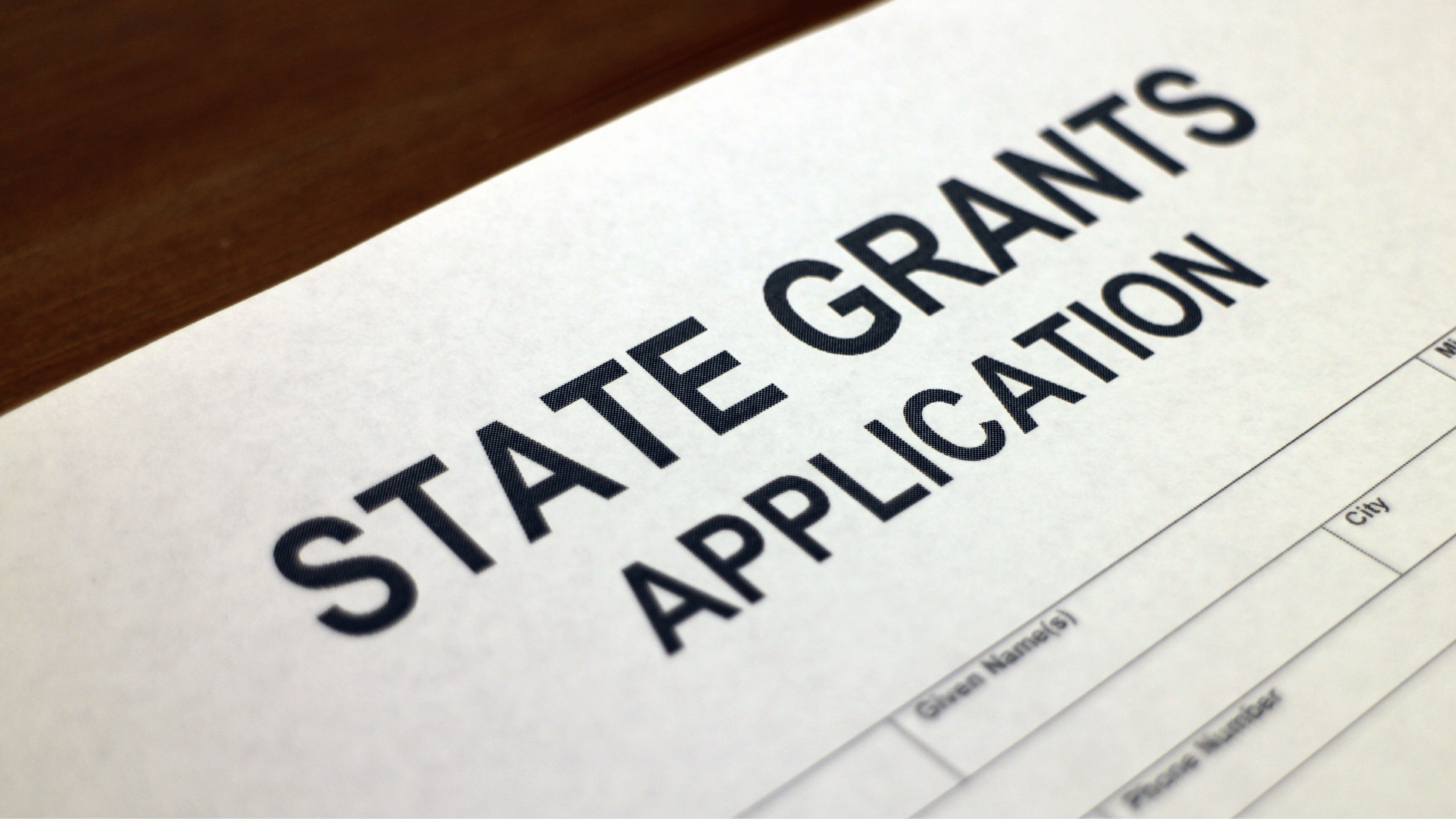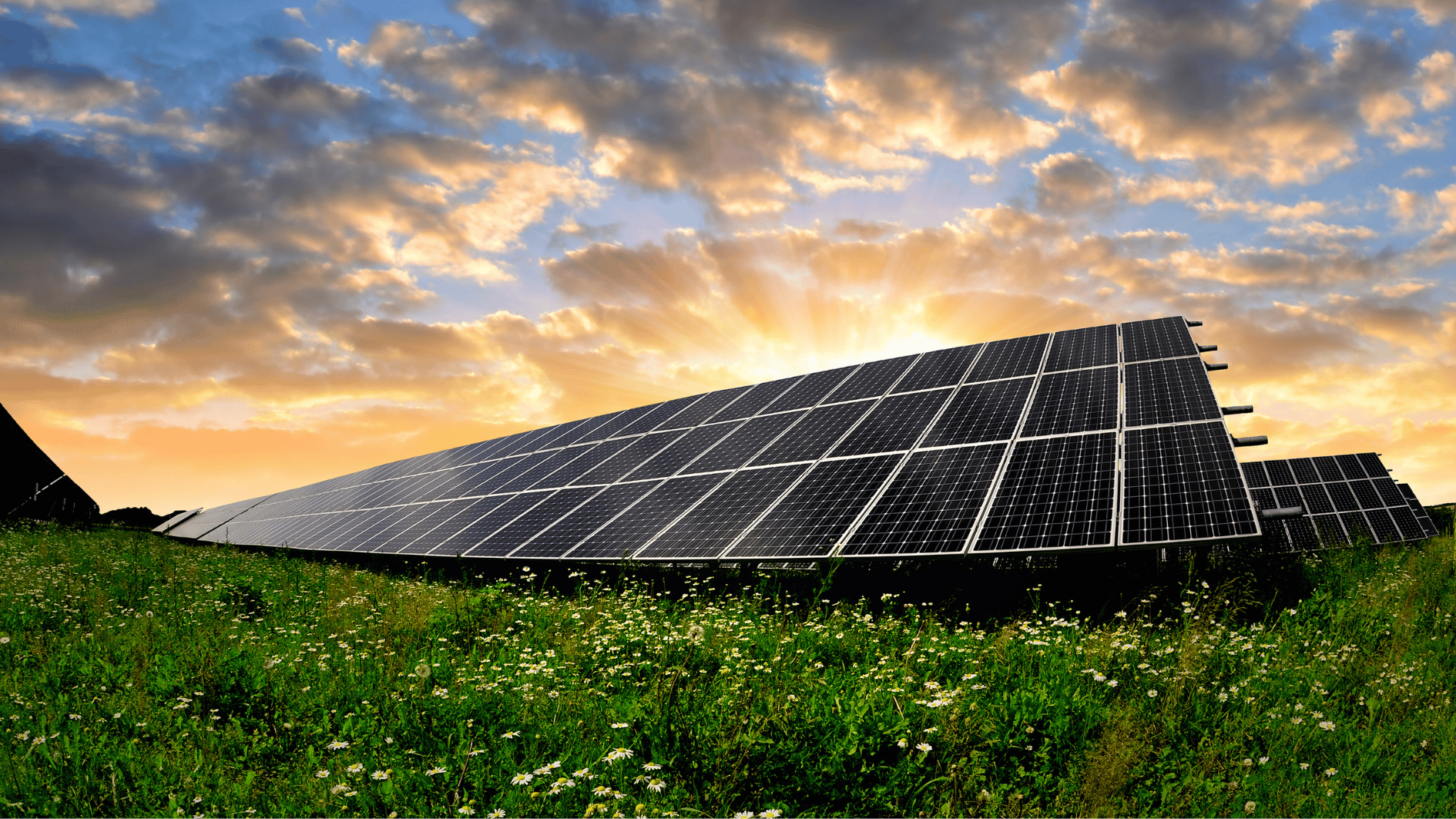Image source: Canva.com
Three years after the landmark Climate and Equitable Jobs Act (CEJA) was signed into law, Illinois state lawmakers and solar energy industry leaders are recognizing the legislation’s accomplishments and building on its foundation to make its goals a reality.
CEJA, signed by Gov. JB Pritzker on September 15, 2021, launched Illinois on a path to 100% renewable energy by 2050 and sparked exponential growth in the solar energy industry through forward-looking programs that are equitably expanding clean energy access in Illinois, building family-supporting careers and investing in the economy.
“CEJA made an important promise to democratize energy production and equitably spread the benefits of clean energy,” said Sen. Bill Cunningham (D-Chicago), a chief CEJA sponsor. “We have made tremendous progress, but any large-scale bill such as CEJA will naturally need some fine-tuning to ensure it delivers on its promises. We now find ourselves at that moment to make small but important changes that will guarantee CEJA’s goals are fulfilled.”
With clean energy generators being built at record rates, clean energy storage has surfaced as a clear need in Illinois, as energy needs continue to increase due to growing residential demand, the scheduled retirement of fossil fuel plants and investments in Illinois from energy-hungry industries such as data centers, AI and quantum computing. To stay on track with CEJA’s goals and maintain its status as a national leader in energy, Illinois must quickly build at least 8.5 GW of clean energy storage to avoid an energy capacity shortfall beginning in the 2030s, according to a recent study by Mark Pruitt, former director of the Illinois Power Agency.
“Illinois cannot afford to go backward; that’s why I am proud to stand alongside Sen. Cunningham in introducing a bill that will create a target for the state to build at least 8.5 GW of clean energy storage,” said Rep. Barbara Hernandez (D-Aurora). “Through this investment, we will not only meet CEJA’s goals but we will save consumers money, avoid the risk of blackouts, create billions of dollars in economic activity and tens of thousands of family-supporting jobs and equip our energy grid for the economy of the future.”
According to Pruitt’s projections, Sen. Cunningham’s and Rep. Hernandez’s bill would avoid the impending shortfall and save consumers $3 billion in energy costs — about $30 per month on average — avoid $7.3 billion in blackout-related costs, create up to 115,000 jobs and $16 billion in economic activity, and prevent 50 million tons of carbon emissions.
“The Climate and Equitable Jobs Act established Illinois as one of the Midwest’s leaders in clean energy policy, but the work is not done,” said Andrew Linhares, Senior Central Region Manager at SEIA. “Sen. Cunningham’s and Rep. Hernandez’s proposal to strengthen the state’s investment in energy storage will save ratepayers money, bolster equitable access to clean energy, boost the electric grid’s reliability, create family-sustaining careers, and help Illinois meet its renewable energy goals. The solar and storage industry looks forward to continuing to work with lawmakers to accelerate the state’s transition to the clean energy economy.”

Net metering in Illinois: Changes coming in 2025
Source: Solar Power World





